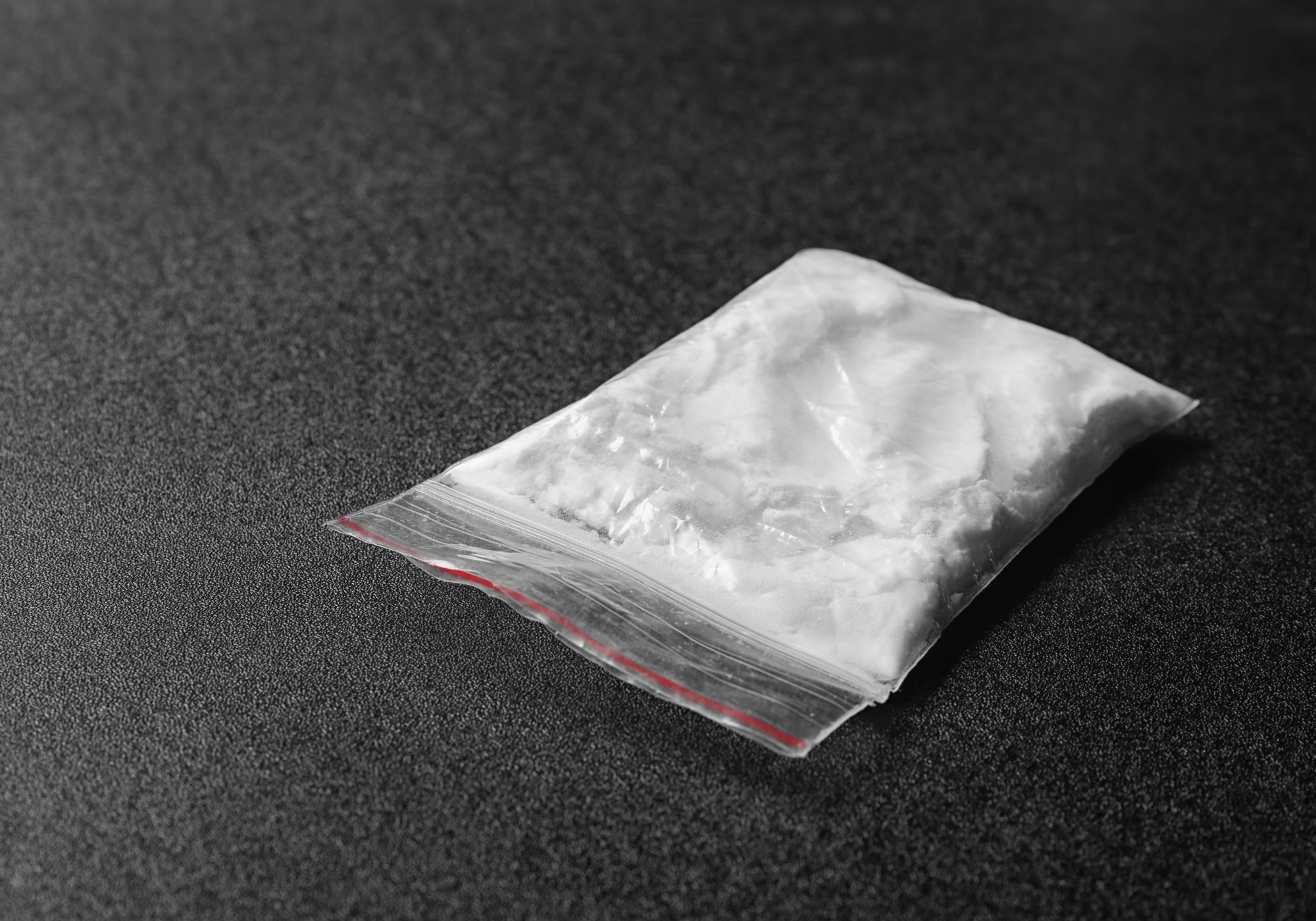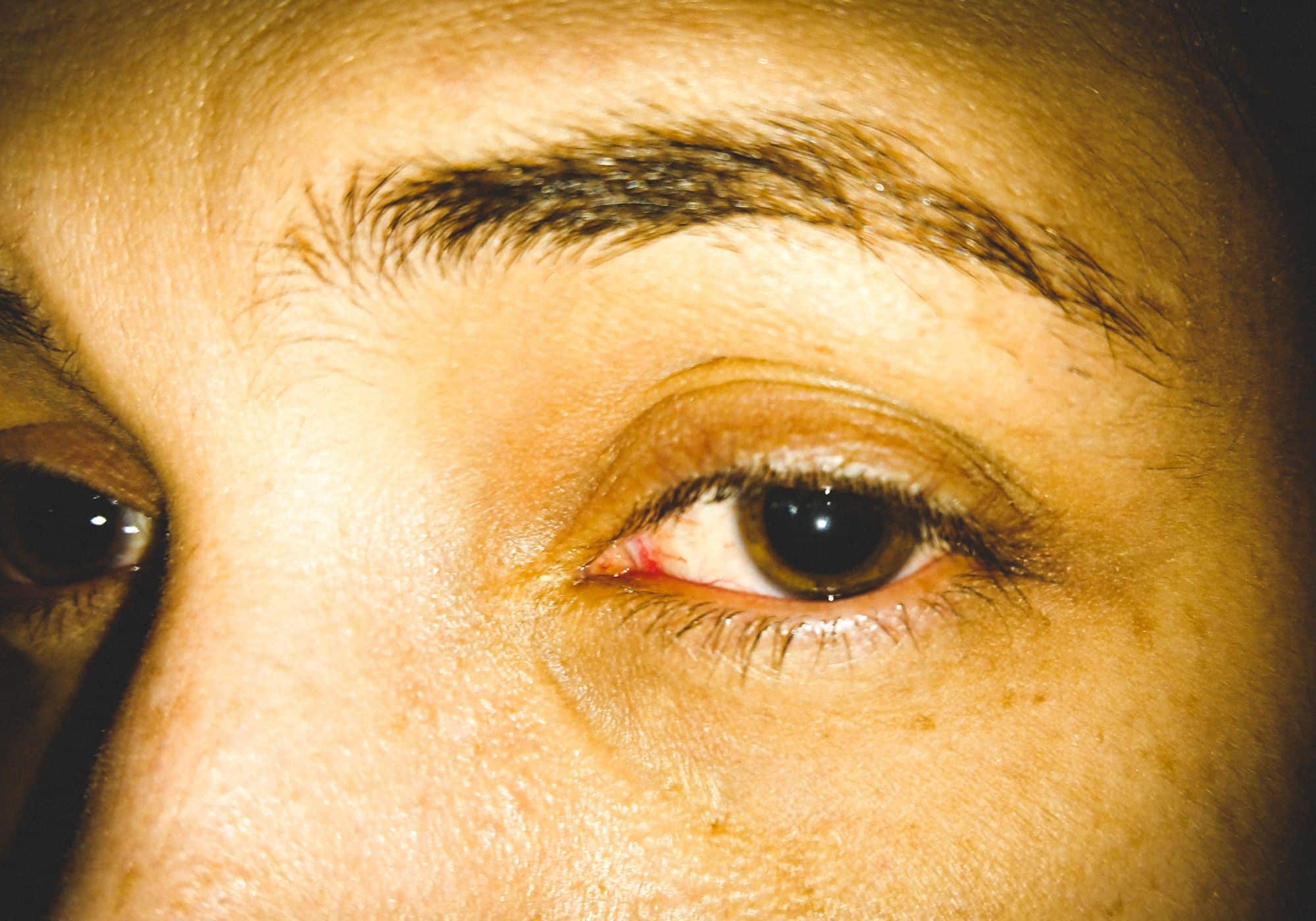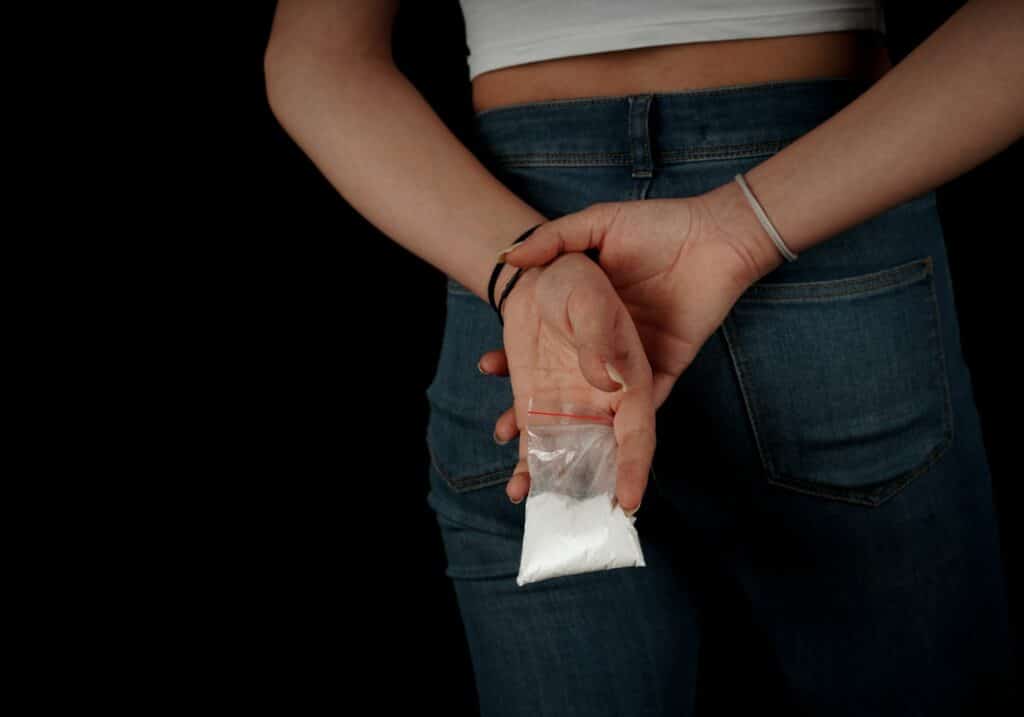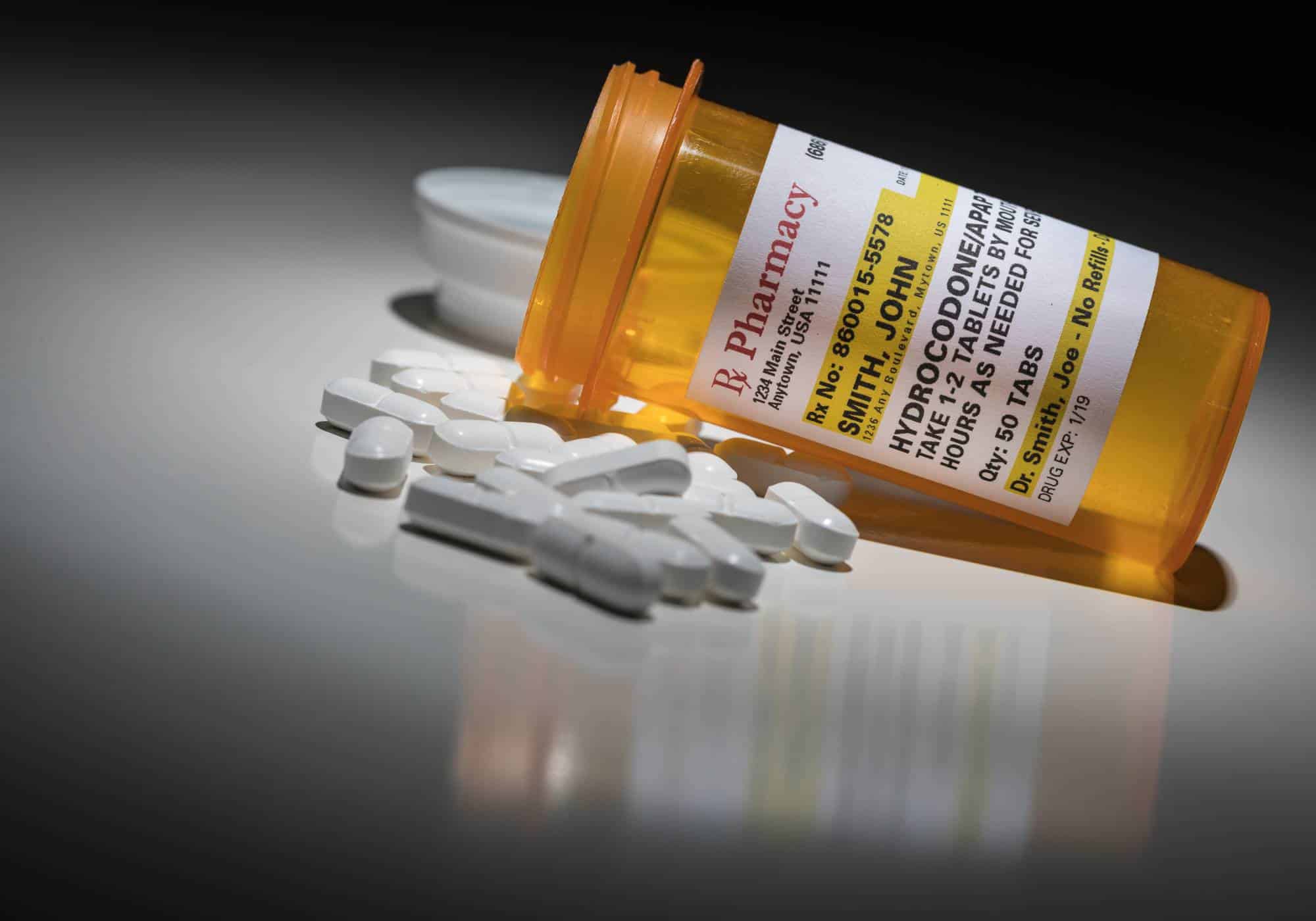Cocaine, often dubbed the ‘party drug,’ has carved its notorious reputation over many years. While it does have limited medicinal applications — leading to its Schedule II classification — the dramatic surge in its misuse has become a pressing concern. A staggering 5.5 million Americans in 2019 found themselves tangled in its allure, which isn’t just concerning for its addictive nature, but also its lethal potential. In fact, cocaine stands out as a leading factor in non-opioid overdose deaths across the nation.
At Hope Harbor Wellness, our mission is to shed light on the gravity of cocaine addiction and guide individuals toward the path of effective treatment and recovery. Our process typically begins with a working with a medical detox to safely manage and alleviate withdrawal symptoms. This initial phase is followed by a deeper, intensive rehabilitation period, offering a blend of treatments and therapies tailored to ensure a sustained recovery. With our professional and compassionate approach, we are committed to aiding those in need of cocaine addiction treatment in Atlanta and steering them toward a brighter, substance-free future.
What is Cocaine?
Derived from the coca plant, the leaves of which have been consumed by South American locals for centuries for their invigorating effects, cocaine’s journey into the modern world is multifaceted. Historically, the active stimulant, after being extracted from the coca leaves, was believed to be a remedy for a variety of ailments, from simple headaches to relieving menstrual discomfort.
Though once employed medically as an anesthetic, today’s medical landscape largely uses other safer alternatives. Cocaine, as it is widely known now, especially when used recreationally, is notorious for its addictive nature, leading to its classification as a Schedule II substance.
Cocaine is generally available in two forms. The powdered form, which users often snort or dissolve for injection, and the more solid form known as “crack cocaine,” commonly smoked. On the streets, it goes by various names like coke, snow, and blow. It’s not uncommon to find cocaine mixed with other substances, creating dangerous combinations.
At Hope Harbor Wellness, our goal is to educate and assist those affected by cocaine misuse, offering them a way back to health and balance. If you or a loved one is struggling don’t hesitate and call us today at 678-821-2081 to start your cocaine addiction treatment in Atlanta, GA today.
What is Cocaine Addiction?
Cocaine addiction is more than just a physical reliance on the drug. It’s a deeply rooted condition that affects an individual’s behaviors, emotions, and overall well-being. This addiction directly targets the brain’s reward system, particularly the mesolimbic dopamine system, which plays a vital role in how we perceive pleasure, motivation, and even pain. Over time, cocaine rewires this system, making it challenging for users to feel joy or contentment without the drug’s influence.
Recognizing someone struggling with cocaine addiction can be facilitated by observing specific behavioral and physical changes. These might include
- Noticeable mood swings, ranging from extreme euphoria to intense irritability.
- Pulling away from friends and family or other forms of social isolation.
- A sudden increase in chattiness or energetic behavior.
- Growing self-confidence, sometimes bordering on grandiosity.
- Increased feelings of distrust or paranoia.
- Engaging in activities that they would usually avoid, especially if they carry a risk.
- Financial struggles, often stem from spending large sums on maintaining their drug habit.
On the physical side, symptoms such as wider-than-usual pupils, decreased appetite, excessive sweating, and, in severe cases, seizures can be indicative of cocaine dependency.
It’s essential to remember that the detrimental effects of cocaine addiction aren’t merely financial. They permeate every aspect of an individual’s life, from relationships to mental health. At Hope Harbor Wellness, we strive to provide comprehensive support and solutions for those ready to break free from the grasp of cocaine addiction.

How Common is Cocaine Addiction?
Amidst the widespread discussion about opioids and alcohol addiction, cocaine’s grip on many Americans often slips under the radar. Yet, the prevalence of cocaine addiction remains alarmingly high and deserves our collective attention.
Recent data underscores the gravity of this issue. In 2018, roughly 5.5 million people in the U.S., 12 years old and above, had used cocaine or its potent form, crack cocaine. Fast forward to 2021, and the numbers remained startling: about 1.8 million in the same age group found themselves battling with an addiction to this powerful stimulant.
Equally concerning is the rise in cocaine-related fatalities. In that year alone, close to 20,000 souls were lost to overdoses involving cocaine. A closer look at daily figures reveals that nearly 1,800 Americans, from all walks of life, try cocaine for the first time each day. Unfortunately, what might start as a mere curiosity or an occasional indulgence for many can quickly spiral into a life-consuming addiction. Hope Harbor Wellness is here to help provide cocaine addiction treatment to those struggling from the grasps of cocaine addiction. Call us today at 678-821-2018 to start your healing.
Why is Cocaine Addictive?
Cocaine is a highly potent and addictive stimulant that acts swiftly upon the brain’s reward system, making it possible for addiction to take hold even after a single use.
The drug works by flooding the brain with dopamine, a chemical messenger linked to feelings of pleasure and excitement. By halting the natural reabsorption of dopamine, cocaine induces an intense, euphoric high. As the effects of cocaine fade and dopamine levels plummet, the individual may experience a crash characterized by depression and fatigue. In an attempt to escape these negative after-effects, one may be compelled to use cocaine again, a cycle known as reinforcement.
Beyond altering neurotransmitter release, cocaine can also impact an individual’s genetic expression. Research indicates that cocaine use stimulates genes that increase the production of certain proteins, which enhance the brain’s sensitivity to the drug’s pleasurable effects. This biochemical change in the brain reinforces the compulsion to use cocaine, paving the way for physical addiction.
Signs and Symptoms of Cocaine Addiction
Cocaine, known for its intense but short-lived highs, remains a powerful lure for many. Its rapid effects, while exhilarating, mask a deeper trap: the quick spiral into addiction. This drug entices users with a burst of energy and confidence, making them feel on top of the world, but the fall from such heights can be devastating.
At the heart of its appeal is cocaine’s ability to release dopamine in the brain, offering a fleeting sense of pleasure. But this bliss is deceptive. As the brain starts linking joy with the drug, individuals can find themselves increasingly reliant on cocaine to feel good.
The signs of cocaine addiction can range from subtle behavioral shifts to pronounced physical changes. If you or someone you know is exhibiting the following signs, it’s time to seek help:
- Rapid heartbeat and high blood pressure
- Dilated pupils
- Hyperactivity or unusual bursts of energy
- Reduced appetite and weight loss
- Difficulty sleeping or altered sleep patterns
- Increased sensitivity to sensory stimuli
- Trembling or shaking hands
- Occasional seizures
- Trouble focusing
- Sudden spikes of anxiety or panic
- Mood swings and easy irritability
- Feeling overly suspicious or paranoid
- Intermittent feelings of sadness or hopelessness
- Unexplained borrowing or need for money
More pronounced symptoms indicating a deeper entrenchment in addiction include:
- Cocaine-induced nasal damage commonly called “Cocaine Nose“
- Using larger amounts or more frequently than intended
- Unsuccessful efforts to cut down on usage
- A lot of time spent getting, using, or recovering from the drug
- Strong cravings or desires to use cocaine
- Slipping performance at work or school due to drug use
- Continued use even when causing relationship issues
- Avoiding important activities because of cocaine
- Taking risks under the influence, like driving
- Ignoring the known harmful effects on one’s well-being
- Needing more of the drug to achieve the desired effect
- Feeling withdrawal symptoms when not using
The dangers of cocaine addiction extend beyond just the individual’s health. It can strain relationships, drain finances, and lead to legal troubles. Moreover, the health risks, including potential overdoses, cannot be understated.
If you see these signs in yourself or someone you care about, remember: Hope Harbor Wellness is here to help. Reach out today and take the first step toward breaking free from the grip of cocaine addiction and to start your cocaine addiction treatment in Atlanta, GA.

How Long Does Cocaine Stay in Your System?
Cocaine acts swiftly, often taking effect within five minutes of snorting, with its high lasting between one to two hours. The drug is metabolized at a rapid pace, typically having a half-life of about an hour. Consequently, it generally takes approximately five hours for cocaine to be purged from the system.
How Long Does a Drug Test Detect Cocaine Use?
Given cocaine’s rapid exit from the bloodstream, standard drug tests usually can’t detect it unless the individual is still experiencing the high. Instead, these tests search for cocaine’s metabolites, the byproducts produced as the body breaks down the drug.
Mixing Cocaine with Other Drugs
Combining cocaine with other substances significantly raises the risk of overdose. Cocaine is frequently used alongside heroin or alcohol, intensifying the potential for life-threatening reactions. The notorious mixture of cocaine and heroin, known as “speedball,” can be particularly lethal.
Users might combine these drugs because the stimulant effects of cocaine are balanced by heroin’s sedative qualities. However, the danger arises as the effects of cocaine subside quicker than those of heroin, prompting users to consume more heroin than they can safely handle, potentially leading to deadly respiratory failure from opioid overdose.
Alcohol is another common companion to cocaine use, as some find that the resulting high from this mix is more potent than using either substance alone. Alcohol can ease the discomfort of coming down from cocaine, while cocaine can reduce the sense of inebriation from alcohol. Yet, this combination creates cocaethylene, a compound that amplifies the harmful impact on the heart beyond what cocaine or alcohol can cause individually.
How Long Does Cocaine Stay in Your Urine?
Urine tests are commonly used for their efficiency and non-invasiveness to check for cocaine use. Because the body metabolizes cocaine swiftly, urine tests focus on identifying its metabolites, which can linger for up to three days post-use.
How Long Does Cocaine Stay in Your Saliva?
In saliva, cocaine’s presence can be identified for roughly two hours after use. It’s been noted that the half-life of cocaine in saliva is shorter when the drug is snorted or smoked compared to when it’s injected.
How Long Does Cocaine Stay in Your Hair?
Hair analysis can reveal cocaine use for up to 90 days, with the detection window hinging on the growth cycle of hair follicles.
Cocaine Withdrawal Symptoms
When someone stops using cocaine, their body starts to react. This reaction is what we call withdrawal, and it’s the body’s way of adjusting to the absence of the drug. Cocaine, being a powerful stimulant, leaves a lasting imprint on the brain and body, so the readjustment period can be tough.
The severity of cocaine withdrawal symptoms varies from person to person. Factors that play a role include how long someone has been using the drug, the amount they’ve been taking, and how deeply the addiction has taken root.
If you or someone you know decides to stop using cocaine, it’s essential to be aware of the withdrawal symptoms. Here’s what to look out for:
- Persistent headaches
- Moments of anxiety or panic
- Mood changes, like becoming easily annoyed or agitated
- Feeling extremely tired or drained
- A sudden increase in hunger
- Unusual or scary dreams
- Deep feelings of sadness or hopelessness
- Thoughts of hurting oneself
- Trouble sleeping or staying asleep
- Difficulty staying focused or keeping attention
It’s essential to understand that these symptoms, while distressing, are signs that the body is healing and adapting to life without cocaine.
However, some symptoms, particularly deep sadness, or thoughts of self-harm, require immediate attention. If you or a loved one are experiencing these symptoms, don’t wait. Hope Harbor Wellness’s cocaine addiction treatment program is here to help guide you through this challenging time and provide the necessary support for a smoother transition to a healthier life and freedom from cocaine addiction.
How Long Do Cocaine Withdrawal Symptoms Last?
The persistence of cocaine withdrawal symptoms largely depends on the mode and intensity of cocaine usage. Generally, the bulk of the withdrawal symptoms recede within a 2 to 4-week span. By the end of the second month of abstaining, the body is on the path to recuperation, and the symptoms gradually diminish.
Around the conclusion of the second month, many individuals begin regaining their pre-cocaine selves, although sporadic cravings might arise. Episodes of anxiety and mood fluctuations can also surface.
By the third sober month, the majority have conquered their withdrawal symptoms. However, specific environments or triggers might still induce cravings. Hence, during cocaine addiction treatment in Atlanta, it’s vital to cultivate robust coping strategies to circumvent potential setbacks or relapses.
Factors Influencing Cocaine Addiction
Understanding why someone might develop an addiction to cocaine involves looking at a combination of elements. While there’s no single reason why one person might get addicted and another might not, certain risk factors increase the chances.
- Cocaine’s Chemistry Cocaine has a unique way of interacting with our brains. It boosts the levels of dopamine, a chemical that makes us feel happy and satisfied. But it also tweaks the brain’s stress systems. This is why when the drug’s effects wear off, users might feel a strong urge to take it again. Over time, the more someone uses cocaine, the more their brain gets used to the highs it provides, leading to a vicious cycle.
- Genetic Factors Just like some of us might be more prone to certain health conditions because of our family history, our genes can also make us more vulnerable to addiction. But, remember, genes aren’t destiny. Just because addiction might run in a family doesn’t mean someone will definitely become addicted. It just means they should be more cautious.
- Environment Matters Our surroundings play a significant role in shaping our habits. Stressful situations, traumatic experiences, or being in an environment where drug use is common can push someone towards using cocaine as an escape or coping mechanism.
- Starting Young Introducing any drug, including cocaine, during teenage years can have a profound impact. The brain is still developing during this time, and drug use can alter its growth patterns, leading to long-term consequences.
The journey of addiction is multifaceted, and everyone’s experience is unique. Hope Harbor Wellness recognizes this and is dedicated to offering personalized treatments tailored to individual needs. By understanding the reasons behind addiction, we’re better equipped to address them and help individuals embark on the path to recovery.
Can you Overdose on Cocaine?

How Is Cocaine Addiction Treated?
Cocaine addiction treatment involves a comprehensive approach that addresses the physical, psychological, and emotional aspects of the disease. Our cocaine rehab in Atlanta, GA utilizes evidence-based therapies, such as
- Cognitive Behavioral Therapy (CBT) A popular choice for addiction treatment, CBT helps patients recognize and challenge negative thought patterns, ultimately guiding them towards healthier behaviors.
- Dialectical Behavior Therapy (DBT) DBT focuses on acceptance and change. It’s especially useful for patients with dual diagnoses, helping them manage painful emotions and decrease relationship conflicts.
- Group Therapy Creating a sense of community, group therapy sessions in Atlanta provide a platform for patients to share experiences and gain insights from peers navigating similar challenges.
- Individual Therapy This offers a private setting where individuals can delve deep into personal issues contributing to their addiction.
- Holistic Therapies we offer yoga, meditation, and art therapy as complementary treatments, addressing the whole person rather than just the addiction.
- Family Therapy Addiction affects not just the individual but their entire family. This therapy is designed to mend strained relationships and create a supportive environment for the patient’s recovery.
Cocaine addiction poses significant mental and physical challenges. Beyond the direct hazards of cocaine, individuals battling this addiction also grapple with societal prejudices. Yet, it’s vital to understand that addiction isn’t a conscious decision or an indication of moral failure. Instead, it’s a multifaceted medical condition that, with the appropriate care, can be managed effectively. Many, with the right support, go on to lead wholesome, rewarding lives post-recovery. If you or a loved one is struggling with cocaine addiction, don’t wait call us today at 678-821-2081 to being your cocaine addiction treatment in Atlanta.
Treatments Offered for Cocaine Addiction Treatment
Treating cocaine addiction requires a multifaceted approach, addressing both the physical and psychological aspects of the dependency. At Hope Harbor Wellness we offer the following cocaine addiction treatments after medically supervised detox:
- Detoxification: The first step often involves detox, where the body is cleansed of cocaine. This process, best done under medical supervision, manages the physical symptoms of withdrawal.
- Residential Treatment: A cornerstone for many in their recovery journey, residential treatment provides a structured environment away from potential triggers. Patients stay at specialized facilities, receive round-the-clock care, and participate in daily therapeutic activities. Given the immersive nature of this treatment, it’s especially beneficial for those with severe addictions or co-existing mental health disorders.
- Outpatient Programs: For those who’ve completed residential treatment or have milder forms of addiction, outpatient programs such as intensive outpatient programs (IOP) or partial hospitalization programs (PHP) offer therapy and support while allowing patients to live at home.
- Medication-Assisted Treatment (MAT): Some patients benefit from medications that reduce cravings and normalize brain functions affected by cocaine use.
- Aftercare and Relapse Prevention: Continuous support is crucial. Aftercare programs in Atlanta provide ongoing counseling, support group meetings, and resources to ensure that recovery is sustained long-term.
It’s essential to remember that there’s no one-size-fits-all answer. What works for one person might not work for another. Our individualized cocaine addiction treatment in Atlanta ensures that every patient receives the tailored care they deserve.
How Long Does Cocaine Addiction Treatment in Atlanta Last?
The duration of cocaine rehab in Atlanta can vary depending on the individual’s needs, progress, and level of commitment to recovery. Generally, treatment programs range from 30 to 90 days or longer, with aftercare support and ongoing therapy often recommended for maintaining sobriety and preventing relapse.
It’s essential to understand that recovery from cocaine addiction is a lifelong process, and the length of time spent in rehab is just one aspect of the journey. Our team works closely with everyone to create a customized treatment plan that supports their unique needs and goals, ensuring the best possible foundation for lasting recovery.

Does Insurance Cover Cocaine Addiction Treatment in Atlanta, GA
Yes, most insurance plans typically provide coverage for cocaine addiction treatment, but the extent of coverage can differ widely based on your specific policy. Some plans may cover the entire cost of treatment, while others might require a co-pay or cover only a portion of the expenses. Additionally, insurance providers may have a designated network of treatment facilities you’re required to choose from. To understand the details of your coverage and any potential out-of-pocket costs, it’s best to speak directly with our admissions representative who can guide you through the process or by filling out our insurance verification form.
Cocaine Addiction Treatment in Atlanta
If you or a loved one is struggling with cocaine addiction, it’s crucial to seek professional help as soon as possible. Hope Harbor Wellness offers comprehensive, evidence-based cocaine addiction treatment in Atlanta, GA to help individuals achieve lasting recovery.
Realizing that cocaine is controlling your life can be daunting, but you’re not alone in this struggle. Our residential substance abuse treatment center caters to individuals grappling with cocaine misuse, and we also address any accompanying mental health challenges.
Don’t let cocaine addiction control your life any longer. If you or loved one is looking for cocaine addiction treatment near me, look no further. Hope Harbor Wellness is here to help! Contact us today to learn more about our cocaine addiction treatment program and how we can help you on your journey to recovery.
Cocaine Addiction Treatment Frequently Asked Questions
What Are the First Signs of Cocaine Addiction?
Early signs include increased tolerance, intense cravings, neglecting responsibilities, and continued use despite negative consequences. Treatment involves therapy, counseling, and support groups.
How Does Cocaine Addiction Affect Mental Health?
Cocaine addiction can lead to anxiety, depression, paranoia, and hallucinations. Treatment focuses on these mental health issues alongside addiction, often involving therapy and counseling.
Can Cocaine Addiction Be Treated Through Intensive Outpatient Programs (IOP)?
Yes, IOP can be effective for Cocaine addiction, especially for individuals with mild to moderate addiction levels. It involves regular therapy and counseling sessions while living at home.
How Long Does Cocaine Addiction Treatment Typically Last?
The duration varies based on individual needs, ranging from several weeks to months. Long-term treatment and support are often necessary for sustained recovery.
Is Medication Used in Cocaine Addiction Treatment?
While there are no specific medications for Cocaine addiction, medications may be used to treat co-occurring disorders or withdrawal symptoms, supporting the overall treatment process.
What Is Partial Hospitalization Program (PHP) for Cocaine Addiction?
PHP for cocaine addiction is a structured treatment program offering extensive therapy and support while allowing patients to live at home. It’s suitable for those needing more intensive treatment than IOP.
Is Detox Necessary for Cocaine Addiction Treatment?
Detox is a critical first step in cocaine addiction treatment, helping manage withdrawal symptoms under medical supervision before moving on to therapy and counseling.
What Are Common Withdrawal Symptoms of Cocaine Addiction?
Withdrawal symptoms include fatigue, increased appetite, depression, agitation, and cravings. Treatment programs focus on managing these symptoms through medical supervision, therapy, and support.









